Equine bodywork helps to increase the horse’s quality of life! Our sessions are created based on our client’s specific needs. During the initial session, we perform a thorough assessment through observation, review of the horse’s history, perform palpation and finally point work.
A regular maintenance program: Having a professional put hands on your horse regularly provides a good baseline and comparison from month to month. Plus, regular appointments help to maintain your horse’s flexibility, decrease muscle spasm, and reduce the risk of injury.
Pain relief: Muscle tightness can cause pain. Keeping muscles relaxed with massage helps to counteract that tightness so your horse stays more comfortable.
A non-invasive rehabilitation tool: Frequently, horses during rehabilitation get very tight with a build up of scar tissue. If they are on stall rest, they run the risk of their legs stocking up. Massage works well for breaking up scar tissue, making sure the muscles work correctly without compensating, and promoting blood flow to the legs.
Mental and physical relaxation: Whether you’re taking your horse to shows or training at home, he can become stressed and less willing to work. Relaxed muscles and reduced pain are a recipe to calm your horse. Which means he’ll have a better chance of performing at his best and you having more fun on his back.
Vertebral Realignment Manipulation: Pain and stress on joints and muscles occur if vertebrae and joints are not moving properly. Vertebral Realignment manipulation in horses is a therapy that aims to detect abnormal function in your horse vertebrae and joints and return them to natural functioning and movement. Adjustments are required if a horse has either had an injury, or for maintenance. Something as simple as playing in the field, slipping on wet grass, improper saddle fit, unbalanced rider, improper training (where the horse is asked to move/turn more in one direction than the other), poor conformation and muscle tension can cause an area to require an adjustment.
Properly functioning joints and vertebrae provide support for the proper function of muscles, tendons, and ligaments in your horse’s body!

Equine Bodywork Therapy is not a substitute for proper veterinary medical care, but rather serves as a complement. Always contact your qualified veterinary practitioner for all diagnosis and/or treatment of serious injuries or ailments.




